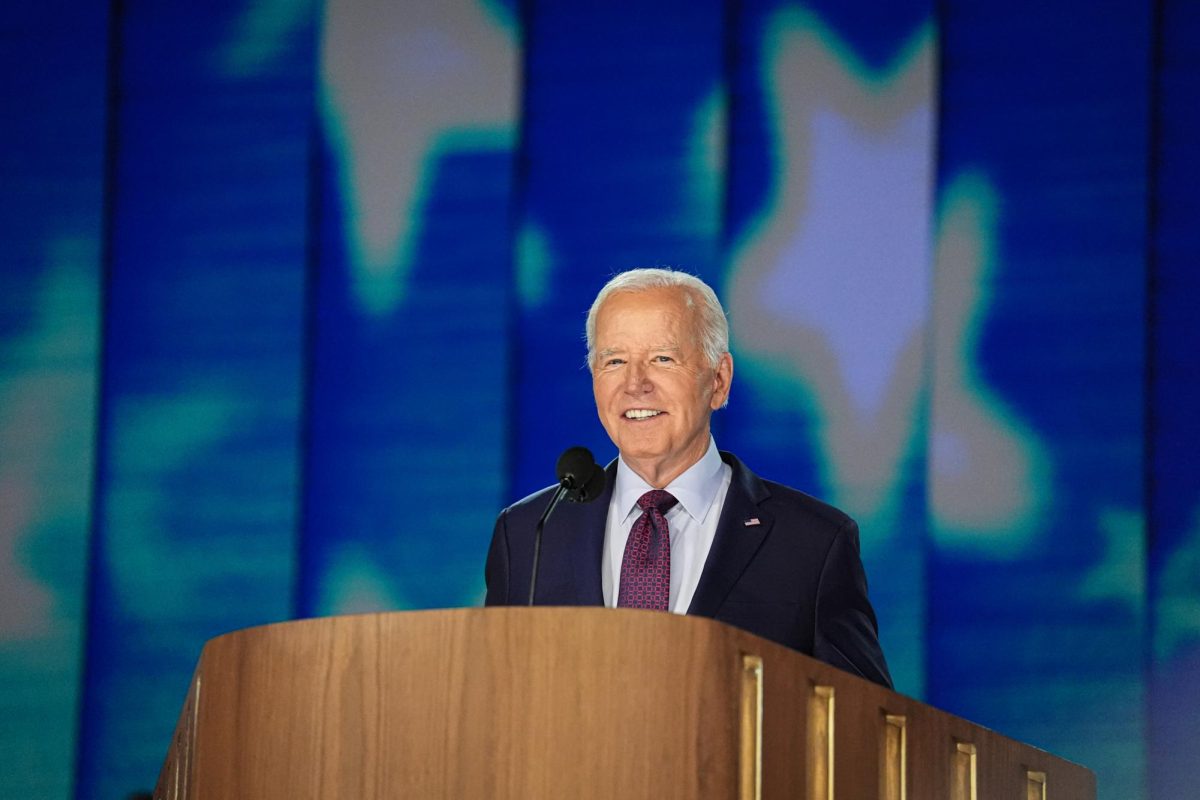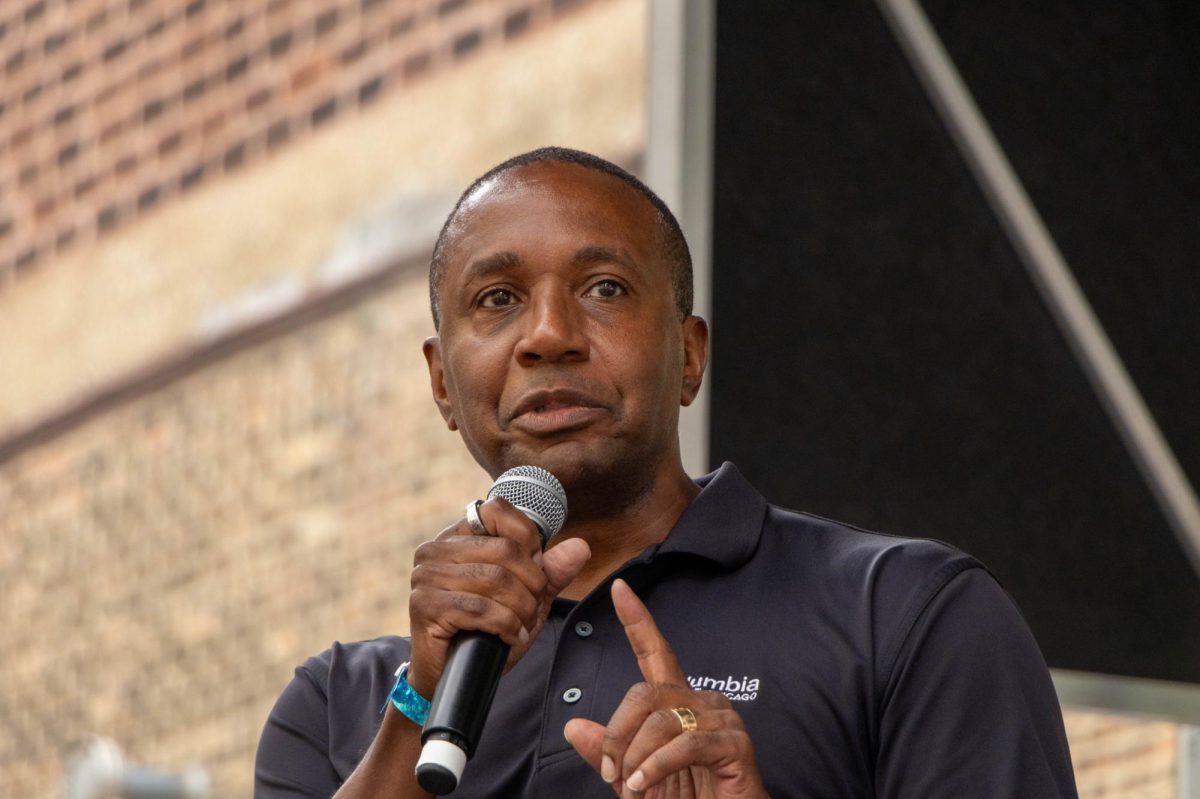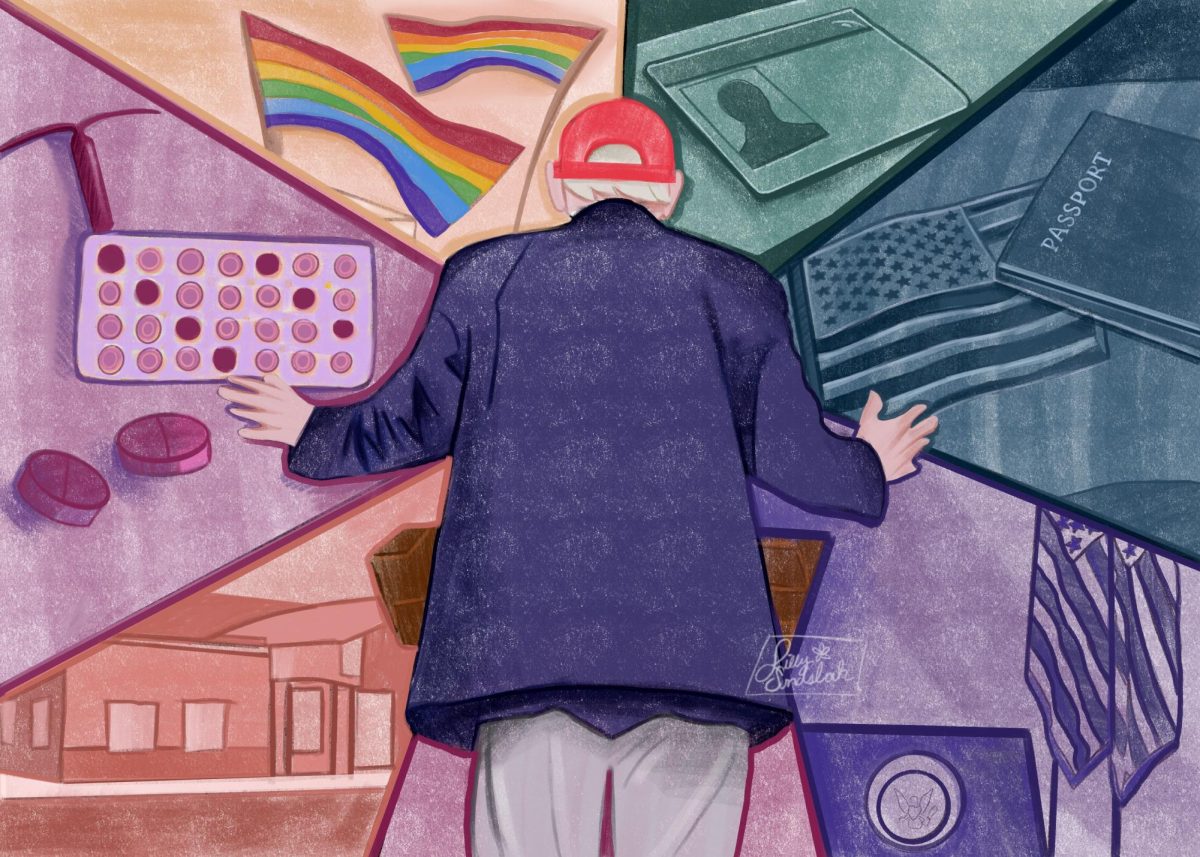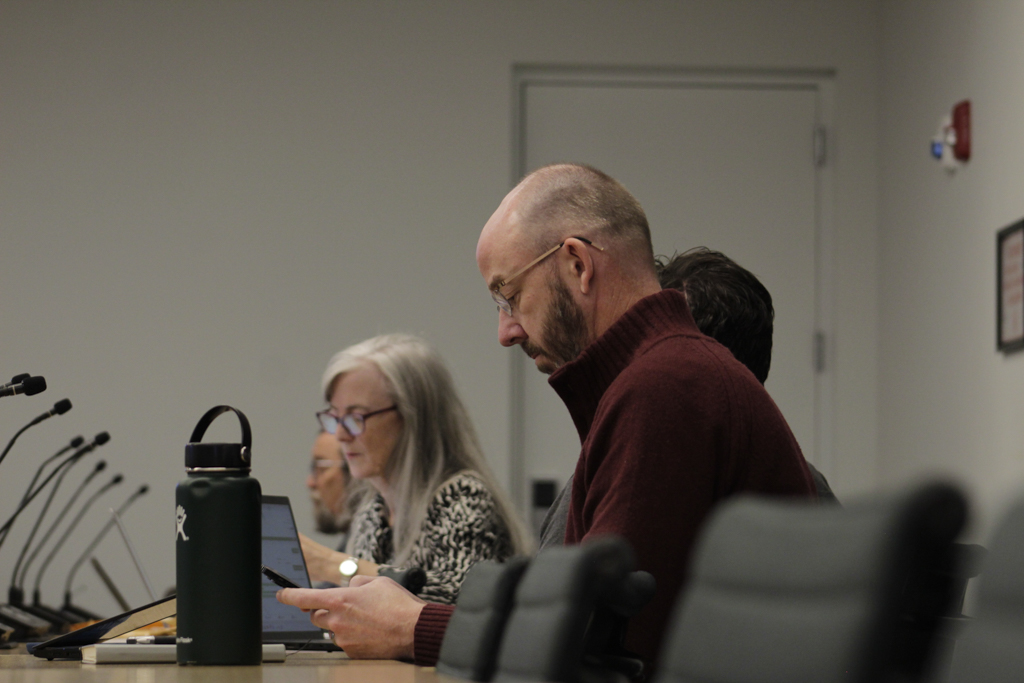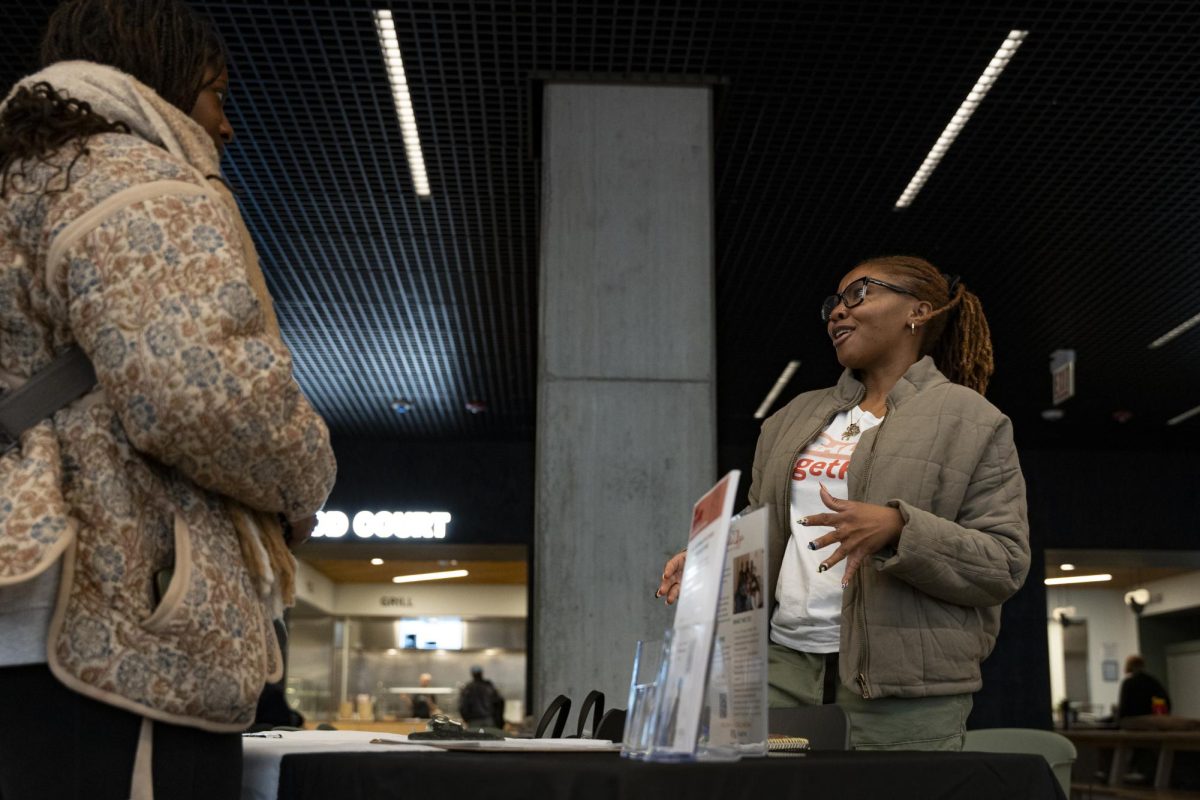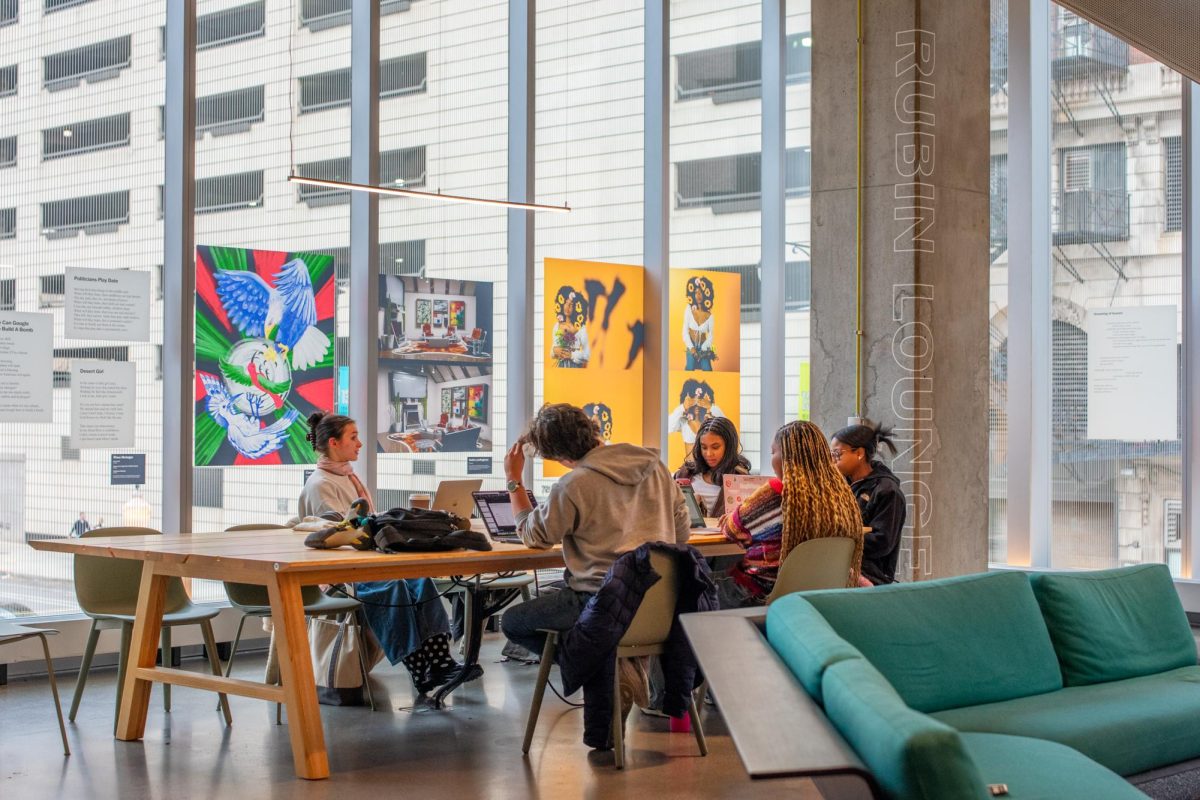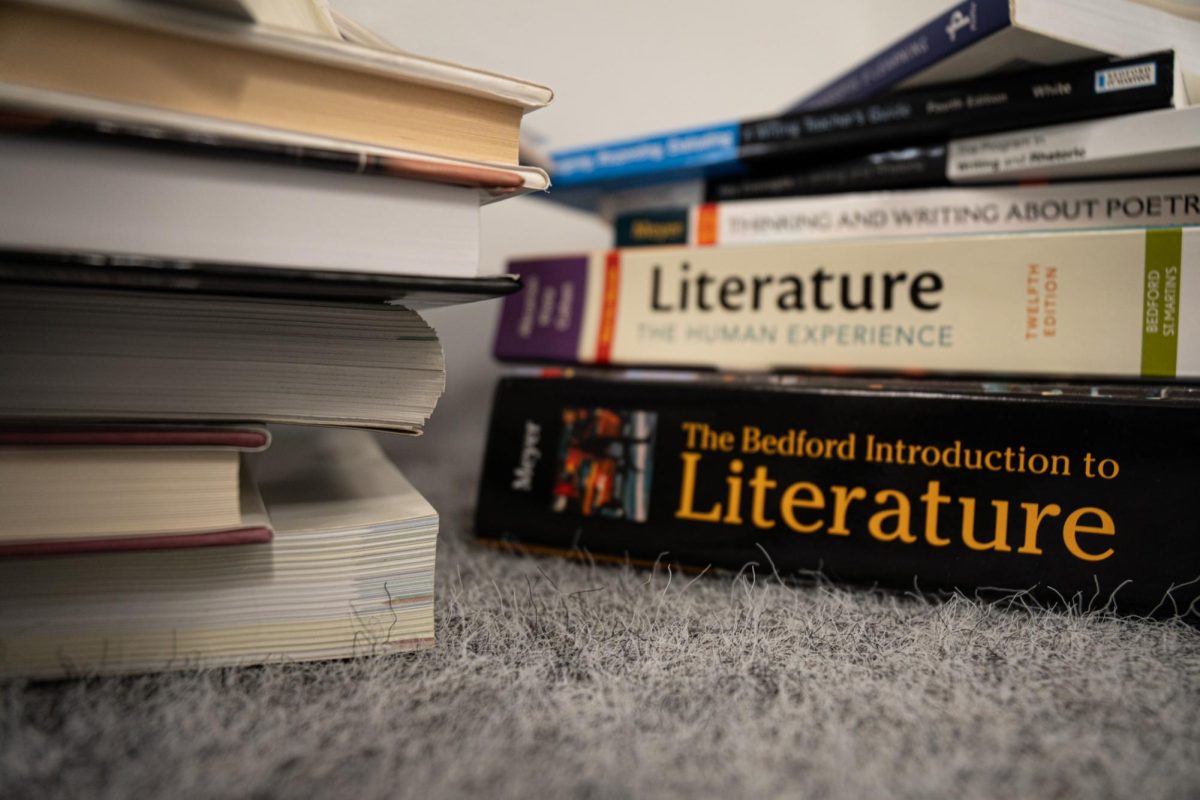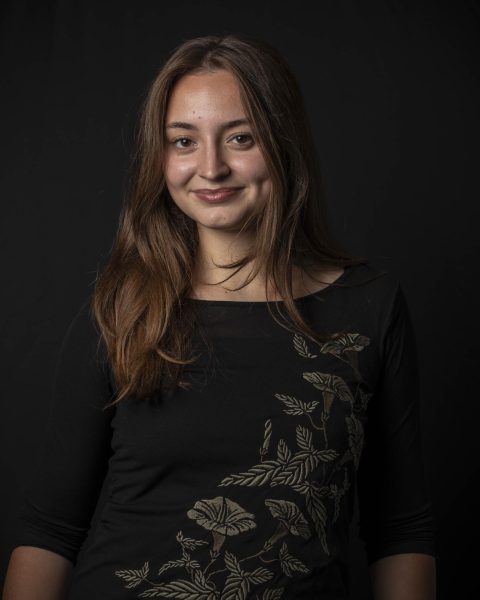On Friday, Oct. 25, President Joe Biden apologized for the systemic abuse that generations of Indigenous children faced in boarding schools run by the federal government, an act no other sitting U.S. president has undertaken.
Speaking before a gathering of Indigenous individuals at the Gila River Indian Community near Phoenix, which included tribal leaders and their families, Biden described the government-sanctioned system that began in 1819 as “one of the most horrific chapters in American history.”
For 150 years, the U.S. removed Indigenous children from their homes and placed them in these schools, where they were stripped of their cultures, histories and religion, often facing punishment for speaking their native languages.
This historic apology has prompted a spectrum of reactions within Indigenous communities around the country. The apology was a topic of several conversations at a student mixer held at the Center for Native Futures in downtown Chicago. Organized by Columbia’s Proud Artists of Native/Indigenous Communities, an organization that seeks to provide space and promote pride for Native and Indigenous students, mixer brought together DePaul University, the University of Illinois Chicago and the School of the Art Institute of Chicago students. The mixer was scheduled before the White House announced that Biden would make the apology.
Many attendees expressed skepticism about the sincerity of the apology and whether it would translate into meaningful change and tangible reparative actions. Despite doubts, many felt empowered by the belief that their collective voices could drive the change they wish to see.
“It’s all gonna come from Native Indigenous students and when we organize. I think this is a place where it starts because it’s not going to come from people in power, it just has been continuously shown it’s not,” said Brandon Anaya, a junior creative writing major and PANIC officer said.
Anaya and other members believe that organizations like theirs can foster a safe space for Native Americans to unite and take meaningful action.
“We like to talk about uplifting Native voices and problems, especially in politics and how we’ve been treated and everything that’s been going on specifically revolving around institutionalized racism and how it affects us,” she said.
Fellow PANIC officer Amelie Vela further expressed feeling weary of Biden’s words. She first heard about Biden’s apology through online posts from Native American artists, including Dallas Goldtooth, a Lakota actor and activist.
“It’s something we’ve been waiting for way too long but now that we got it, it’s kind of already too late. I remember reading one of the comments saying apologies without action is manipulation,” the sophomore graphic design major said.
Debra Yepa-Pappan, co-founder and director of exhibitions and programs at the Center for Native Futures, also said she felt critical of the incentive behind Biden’s apology.
“I think in the moment it’s just to satiate certain people and kind of keep Native people happy for the moment,” Yepa-Pappan said.
Similarly, Ruth Keyes, a sophomore fine arts major at SAIC and leader of the Indigenous Student Association, said Biden’s words felt short in light of the ongoing crisis in Palestine.
Keyes is Seneca and grew Cattaraugus territory in New York, a close knit community.
“If we ran out of sugar, it means you could go across the road and ask your neighbor and knock on the door and you go home and bring them back a cupcake,” Keyes said.
Keyes said that before reconciliation can happen, institutions must undertake divestment.
“You need to think about where you’re putting your money because things like Biden apologizing for boarding schools is not okay when they are committing another genocide right now,” Keyes said. “You cannot apologize for a genocide when you are creating one right now.”
Vela said true lasting change for Native American communities begins at the grassroots level.
“I think the returning of sacred lands, basic health care and scholarships for people from lower income households, specifically Native communities because they don’t all get that. Just basic needs like clean water and a respect for their cultural beliefs and practices,” Vela said.
Monica Rickert-Bolter, co-founder and director of operations at the Center for Native Futures, said she needs more action from politicians and less words.
“I think we need repatriation,” Rickert-Bolter said, adding with a laugh, “and repo-men that will go to these museums and institutions and get our things back because it’s necessary.”
Despite the ongoing challenges, Anaya expressed gratitude for the supportive creative community at the center that uplifts Native American voices.
“It’s nice to be with a community that kind of understands each other about how it feels to be erased from the rest of the culture of your country,” Anaya said. “Even when the history is acknowledged, it’s co-opted, so it’s good to be the ones who are using our own voice and not having that be taken away from you.”
Jillian Thomas, a first-year computer science and linguistics major at UIC, said she finds peace in events that build unity for her while she is far from home. Thomas is a part of the Mississippi Band of Choctaw Indians in Mississippi.
“I’m so happy to find a community that’s allowing me to understand and relate, share our stories and just like something that you don’t often find outside of your own home,” she said.
“We just want people to know that yes, our history is important but our future is just as important,” Yepa-Pappan said.
Copy edited by Doreen Abril Albuerne-Rodriguez


